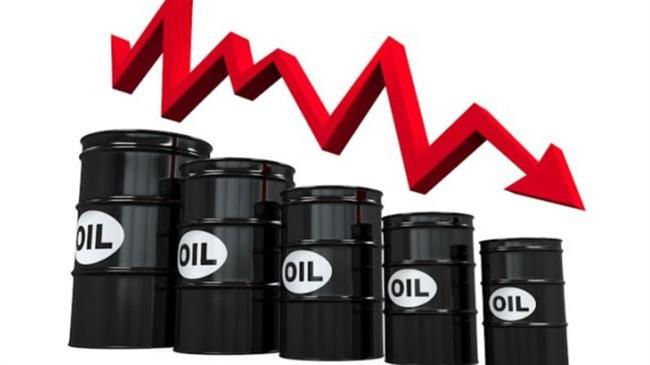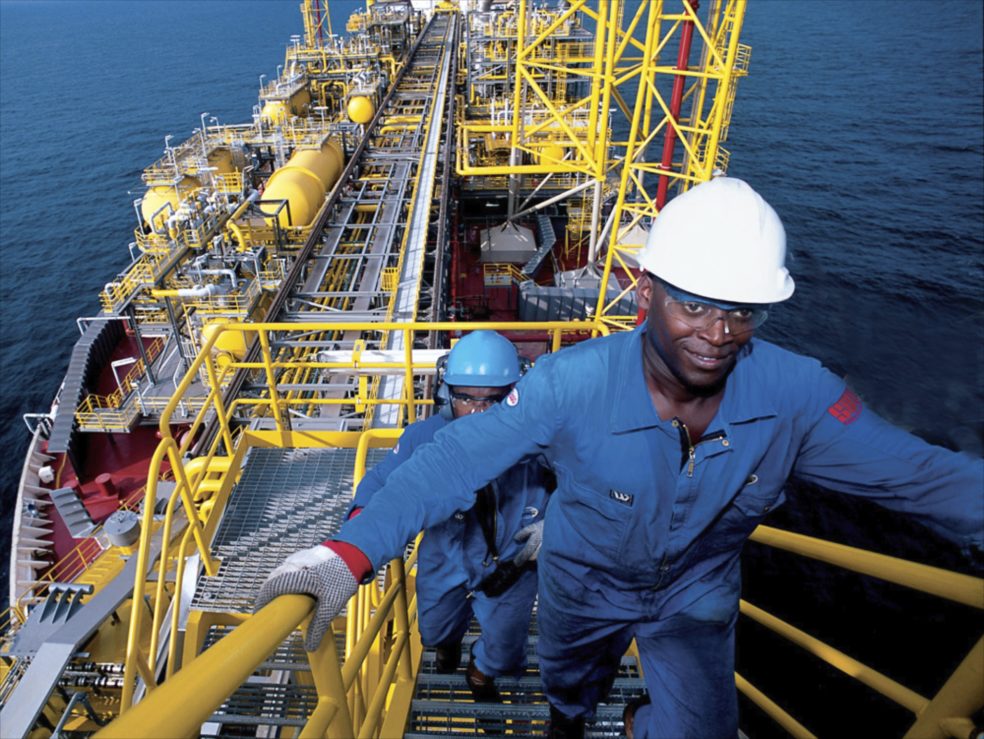The recent upsurge in militant attacks on oil & gas infrastructure in the Niger Delta has significantly reduced production activities of indigenous companies, industry players have said. The Managing Director, Seplat Petroleum Development Company Plc, Mr. Austin Avuru, said about 70 per cent of the nation’s production from the traditional terrain of onshore and shallow water had been locked in.
They stated this at the 40th Nigeria Annual International Conference and Exhibition of the Society of Petroleum Engineers in Lagos.
“A year ago, we were battling with zero production and zero revenue for upwards of five, six months. Some of us no longer check the oil price; it has become irrelevant. Oil price is only relevant when you produce,” Avuru stated.
He also stated that the oil and gas industry was undergoing a revolution to be at the forefront of the industrialisation process, thus becoming an enabler of economic development from being just a revenue generator for the Federal Government.
According to Avuru, “We have said that this industry will move away from domestic consumption of less than 300 million standard cubic feet of gas per day to three billion scfpd and, in the process, energising companies like Dangote so that we can become a net exporter of cement and fertiliser, in the process, delivering 15 gigawatts of electricity, and all its multiplier effects.
That is the journey that the industry started a few years ago. That journey, unfortunately, today is being interrupted by some forces. The crisis in the Niger Delta has taken a turn that must worry all of us because when we don’t produce, our companies are destroyed, jobs are destroyed and the economy is destroyed.”
Evident by Seplat Petroleum’s financial results released a week ago, Avuru said, “For the first time since we started this business six years ago, we made a half-year loss from bountiful profits.”
Oando Plc. also made a loss after tax of N27bn in the first half of the year, a drop from the N35bn loss it recorded a year ago.

The Chairman of the SPE Nigeria Council, Mr. George Kalu, said the conference theme Transparency in the Oil and Gas business: An imperative for energy security and stability, couldn’t have come at a better time, given that oil prices are hovering around $43 per barrel. This, coupled with the current challenges of the Nigerian oil and gas business environment, have made for an even more precarious situation.
According to Kalu, “These challenges including funding constraints arising from cash call arrears, exchange rate differential in a cyclical oil price regime, high operational costs due to long contracting cycle time, severely delayed payments to vendors, as well as high cost of borrowing are affecting the much-anticipated boom in the industry.
One would think that, with the low oil price, improved revenue would come from gas sales. However, the lack of gas gathering and supply infrastructure is hampering the country’s ability to maximise the benefits of the sale of gas in the domestic market, which is currently more attractive than the international market.”
Kalu further reiterated that the recent challenge of vandalism and outright destruction of oil and gas facilities had further curtailed Nigeria’s oil and gas production, power generation ability, reduced the flow of revenue, escalated the cost of environmental remediation and provision of secondary health care facilities, as well as increased security surveillance and facility replacement costs.
He added that the delay in the passage of the Petroleum Industry Bill had constrained further investment in the sector to the extent that exploration activities were at their lowest ebb.
Source: http://punchng.com

